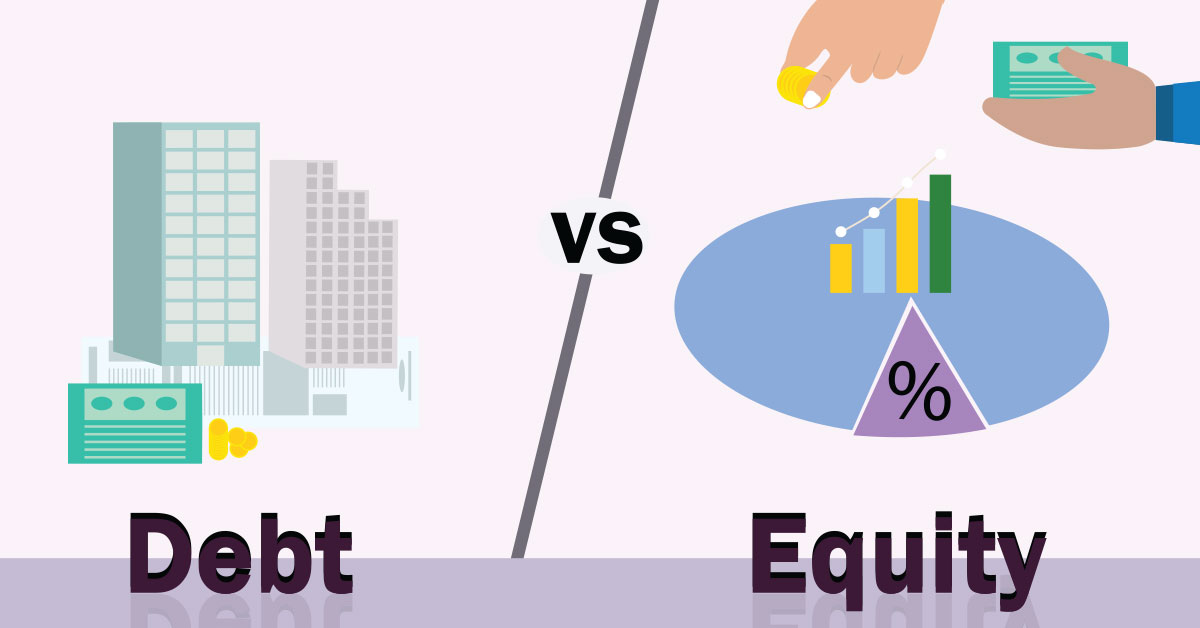
Posted on February 10, 2024 by MergerDomo
Going Green and Growing Strong: The SME Guide to Sustainability
The world is at a crossroads. The need for economic growth is undeniable, yet the impact of traditional business models on our planet and communities is reaching a tipping point. This demands a new approach, one where sustainability becomes the cornerstone of global ventures, especially for SMEs and start-ups who hold the potential to disrupt and redefine industries.
This article explores the growing importance of sustainability in the global business landscape, highlighting its specific relevance for SMEs and start-ups. We will discuss the benefits of integrating sustainability into their core operations, examine the challenges they face, and offer actionable steps to navigate this transformative journey.
Why Sustainability Matters Now?
Sustainability is no longer a fringe concept; it's a business imperative. Consumers are increasingly demanding ethical and environmentally conscious products and services. Investors are prioritizing companies with strong ESG (Environmental, Social, and Governance) practices. Regulatory frameworks are tightening, pushing businesses towards responsible operations.
Brand Differentiation: Customers are becoming more aware of the social and environmental effects of the goods and services they select in today's cutthroat marketplace. Businesses can set themselves apart from rivals and attract ecologically and socially sensitive customers by incorporating sustainability into their operations. Businesses can differentiate themselves in a crowded market by demonstrating a strong commitment to sustainability, which can improve brand reputation and loyalty.
Attract and Retain Talent: The workforce's largest generation, millennials and Gen Z, are recognised for prioritising employment with mission-driven organisations that share their values. SMEs and startups can attract top people who are enthusiastic about having a positive influence on the planet by showcasing their dedication to sustainability. Furthermore, when a firm aligns with their values, its workforce is more likely to feel inspired and involved, which boosts productivity and retention rates.
Secure Funding: Investors are actively looking for businesses that have creative answers to pressing social and environmental issues as they become more aware of how important sustainability is. SMEs and startups can access a growing pool of capital and support from investors who are focused on sustainability by integrating sustainability into their business strategies. This can validate the business's viability and potential effect while also providing vital money for growth and expansion.
Reduce Costs: Sustainability initiatives often go hand in hand with increased resource efficiency, responsible waste management, and energy savings. By implementing measures such as recycling, energy-efficient technologies, and sustainable supply chain practices, SMEs and startups can significantly reduce their operational costs over the long term. These cost savings can improve profitability and provide a competitive advantage, especially in industries where margins are tight.
Future-Proof Your Business: Anticipating and adapting to changing regulations and consumer preferences is essential for long-term business success. By embracing sustainability, SMEs and startups can future-proof their businesses against evolving market dynamics and regulatory requirements. Proactively addressing environmental and social issues can help mitigate risks associated with non-compliance and market disruption, ensuring the resilience and sustainability of the business over time.
Challenges for SMEs and Startups
Limited Resources: SMEs and startups typically operate with constrained budgets and resources. Integrating sustainability often requires upfront investments in technology, equipment upgrades, employee training, and obtaining certifications such as ISO standards or eco-labels. These initial costs can deter smaller businesses from pursuing sustainability initiatives, especially when they are focused on day-to-day survival and growth.
Lack of Expertise: Understanding and navigating the complex landscape of sustainability frameworks, regulations, and best practices can be daunting, especially for businesses with limited expertise or experience in this area. SMEs and startups may lack dedicated sustainability teams or access to consultants who can guide them through the process. Without proper knowledge and guidance, they may struggle to identify relevant sustainability goals, measure their environmental and social impact, and develop effective strategies for improvement.
Short-term Focus: SMEs and startups often face intense pressure to generate immediate profits and achieve short-term financial goals, which can sometimes conflict with longer-term sustainability objectives. In many cases, sustainability initiatives require a longer time horizon to yield tangible benefits and return on investment. This short-term focus can make it challenging for businesses to prioritize sustainability amidst competing demands for resources and attention.
Limited Access to Funding: Securing financing and investment is crucial for the growth and sustainability of SMEs and startups. However, many traditional investors may prioritize financial returns over environmental or social impact. This can pose a barrier for businesses seeking funding for sustainability initiatives or products that may have lower profit margins in the short term. While impact investors and sustainable finance options are growing, they may still be less accessible or well-known to smaller businesses, making it difficult to find investors who align with their values and priorities.
Overcoming the Hurdles:
Fortunately, resources and support are available to help SMEs and start-ups overcome these challenges:
Government Initiatives: Many governments around the world have recognized the importance of sustainability and offer support programs for businesses looking to adopt sustainable practices. These initiatives may include financial incentives such as grants or subsidies, training programs to enhance sustainability knowledge and skills, and tax breaks for businesses that invest in sustainable technologies or practices. SMEs and startups should explore these opportunities and take advantage of the resources available to them.
Business Networks: Joining sustainability-focused business networks and associations can provide SMEs and startups with access to valuable expertise, mentorship, and collaborative opportunities. These networks often facilitate knowledge sharing, best practice sharing, and peer learning, allowing businesses to learn from each other's experiences and successes. Additionally, being part of a sustainability-focused community can help businesses build relationships with like-minded partners, suppliers, and customers.
Impact Investors: Impact investors are people or entities who place a high value on both monetary gains and beneficial effects on the community or environment. Impact investors that recognise the long-term advantages of sustainable practices are a good resource for SMEs and startups looking for investment for sustainable projects. These investors might be more eager to contribute money to initiatives that share their goals and values, which could present them with funding options that more conventional investors might pass up.
Technology Adoption: For SMEs and startups, adopting sustainable practices can be made much easier by utilising digital tools and platforms. Numerous software programmes are available to assist companies in monitoring their sustainability performance, calculating their social and environmental effect, and optimising resource use. Technology can facilitate more effective and efficient decision-making and streamline sustainability initiatives, from energy management systems to supply chain transparency platforms.
Transparency and Communication: Effective communication of sustainability commitments and endeavours is vital in establishing confidence and legitimacy among stakeholders, including clients, investors, staff, and the community. SMEs and startups should constantly interact with stakeholders to gather feedback and input, and they should be open and honest about their sustainability goals, progress, and issues. Effective communication of sustainability activities by firms can improve their standing, get backing, and motivate individuals to take action.
Conclusion:
For SMEs and start-ups, including sustainability into their core operations is now strategically required, not an option. They can seize new chances, obtain a competitive advantage, and help create a more sustainable future by embracing this change. Through proactive action and strategic use of existing resources, they have the potential to revolutionise the global economic scene and pave the path for a more equitable and ecologically conscious society.




